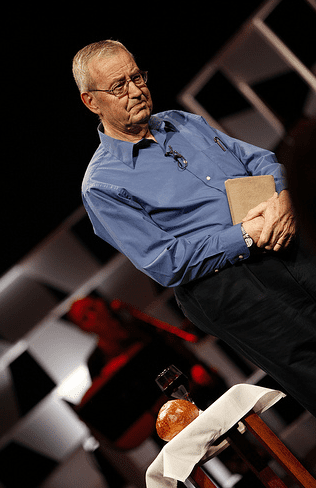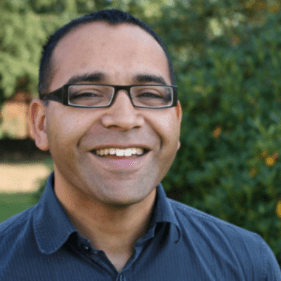 Here is perhaps the strongest argument for some against the Christian belief in theism, and that theism being a good God who loves us and cares about life on planet earth:
Here is perhaps the strongest argument for some against the Christian belief in theism, and that theism being a good God who loves us and cares about life on planet earth:
If Christianity is true, then God is both benevolent toward humankind and infinitely powerful.
If God is benevolent toward humankind and infinitely powerful, then he will see to it that we do not suffer.
God does not see to it that we do not suffer.
Therefore: Christianity is false, since God is either not benevolent or not powerful, to which the presence of suffering testifies.
This is Dallas Willard’s framing of the challenge in The Allure of Gentleness 113), as old as Augustine I think, and he responds in the following set of ideas.
First, the lines are formally valid as an argument. Second, the hitch comes with whether or not the premises are true. He says no. Some quotations:
We must specify that God is always able to accomplish his will, that he is sufficient to the task of caring for his own business, and that a part of his business is taking care of human beings (115).
The essence of his response is:
1. That this view of God is an avuncular god, not the God of the Bible.
2. That this view of humanity tends toward the narcissistic in that it cannot find meaning in pain.
As you can see, my rejection of the argument that the presence of pain in our world means Christianity is false is based on the inaccuracy of the premise stating that, if a benevolent and powerful God did hold dominion over the proceedings of this world, he would not allow people to suffer. That this premise is false is obvious now that we understand that God allows people to suffer precisely because he is benevolent. It’s for our best (119).
3. That a better view is that God is the creator, that God is marked by freedom, that suffering in this world is a part of human freedom, and that apart from freedom we have no will, no character development, no love, no life.
They overlook the fact that by surrendering responsibility they surrender freedom and the capacity for virtue as well. The person who cannot be blameworthy cannot be praiseworthy either (121).
So what we must look at is the question: Did God do well to create a world in which there is free personality and natural law, such that it includes the possibility of a kingdom of God as well as the possibility of evil? (122)
A world that permits the development of moral character—one that makes it possible for persons to become the immeasurably precious and even glorious beings that they sometimes do become—is of much greater value than any world that does not (126).
But the moral development of personality is possible only in a world of genuine freedom (126).
4. That the Christian view is that God’s End in the kingdom will so outstrip the pain and suffering of this life that we will not see it as good but see it for what it was in a state of joy.
Hence, many things happen that on their own cannot be good; God is not the author of these things; a world like ours is better than a world not like ours when it comes to pain; and there is no sorrow on earth that heaven cannot heal.
If your God is big enough there is no problem with evil — he claims here to be re-expressing David Hume (133).














